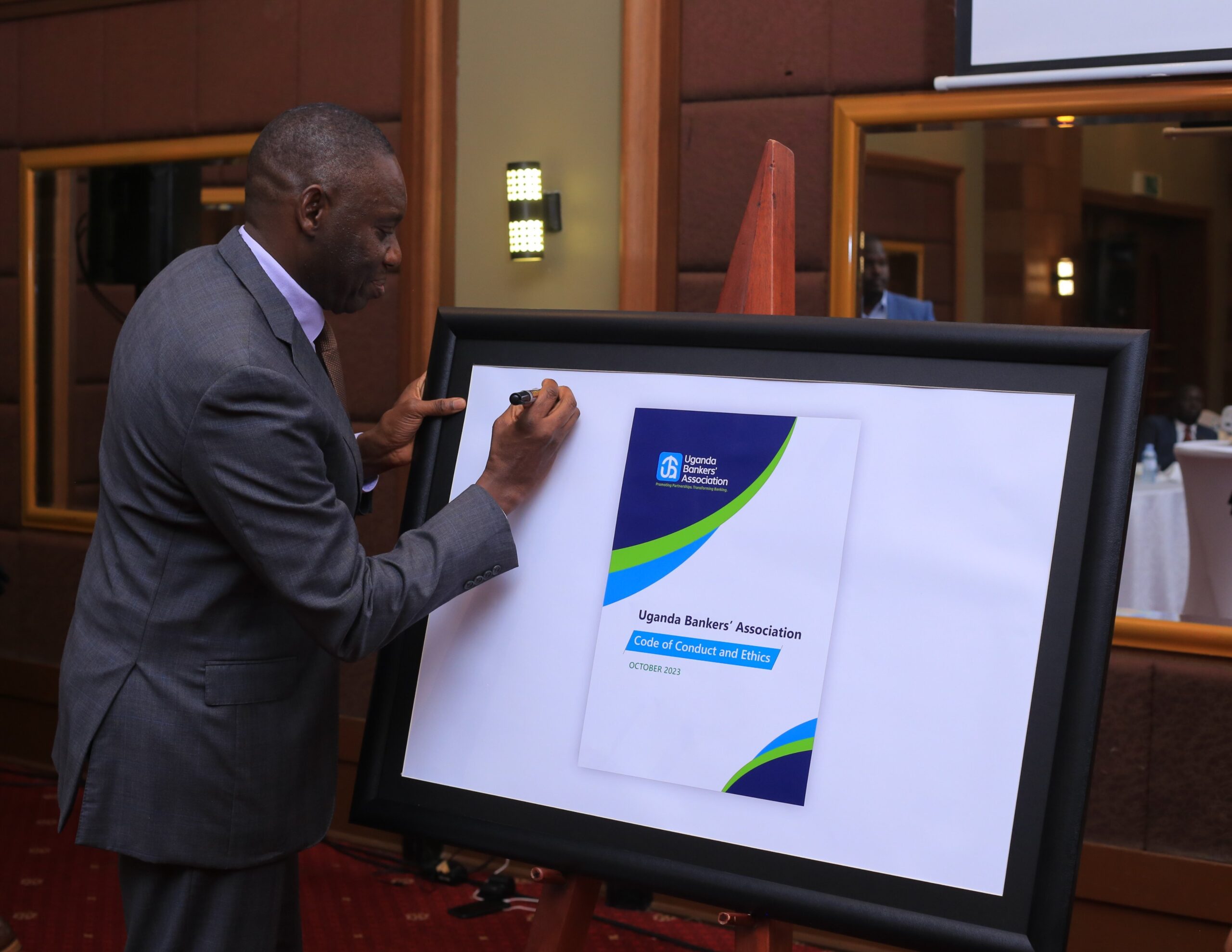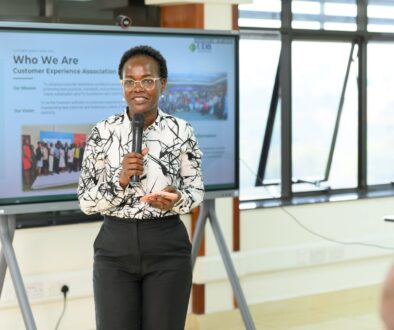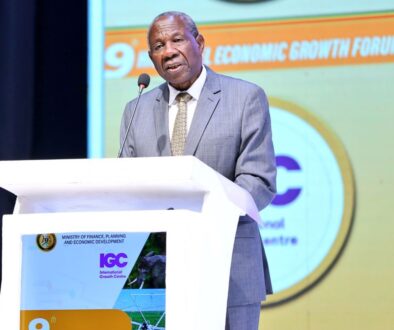Advanced Technologies Empower Fraudsters – Bank Of Uganda

Machine learning, generative artificial intelligence (AI”), predictive analytics, and other advanced technologies empower businesses with speed and intelligence, however, their proliferation also offers opportunities for fraudsters, the Deputy Governor of the Bank of Uganda, Michael Atingi-Ego, has revealed.
“Unfortunately, malicious actors utilize these tools to their advantage. For instance, scammers leverage ChatGPT to craft phishing emails that mimic the professionalism of legitimate businesses, enabling individuals without coding expertise to engage in hacking activities by generating functional malware,” Atingi-Ego noted.
The Central Bank official was recently giving remarks at the launch of the Banking Industry Guidelines for Mitigation of Fraud (BIGF) & the Revised Code of Conduct in Kampala.
Atingi-Ego revealed that globally, losses topped a shocking G$11 billion last year, led by the growing threat of account takeover (ATO) frauds. “Account takeover fraud, where thieves steal login credentials to access victims’ accounts and wreak havoc, is increasing in Uganda, causing significant financial losses and emotional distress,” he said.
The report “A Typology Study on Internal Frauds in the Banking Sector in Uganda,” released by the Financial Intelligence Authority in June 2022 showed
that fraud was rampant and increasingly sophisticated, with cyber fraud accounting for over 50% of all high-value fraud cases under investigation and annual fraud losses more than doubled from 2020 to 2021.
Atingi-Ego notes that the banking industry has always faced the pervasive threat of fraud, a shadow that stains its reputation and erodes public trust. This threat, he says, manifests in diverse forms, from deceptive schemes by external attackers to criminal activities perpetrated by insiders and outsiders.
“If customers lose faith in banks’ ability to safeguard their hard-earned life savings, where can they turn to? As pillars of the economy, we simply cannot allow fraud to erode public trust in the banking system. This is not just about profits or numbers – it is about upholding a social contract and protecting the financial well-being of millions of Ugandans,” he said.
Adding: “We must educate citizens on emerging digital threats; we must enforce oversight mechanisms to high standards; we must collaborate between banks to track ever-evolving fraud types. And most crucially, we must lead by example – holding ourselves up to the highest benchmarks of transparency, integrity, and accountability.”
Banking Industry Guidelines on Mitigation of Fraud (BIGF) and the revised Code of Conduct (COC) launched by the Uganda Bankers Association provide for a Grey List and Black List of individuals or entities that are suspected of being involved in fraud.



